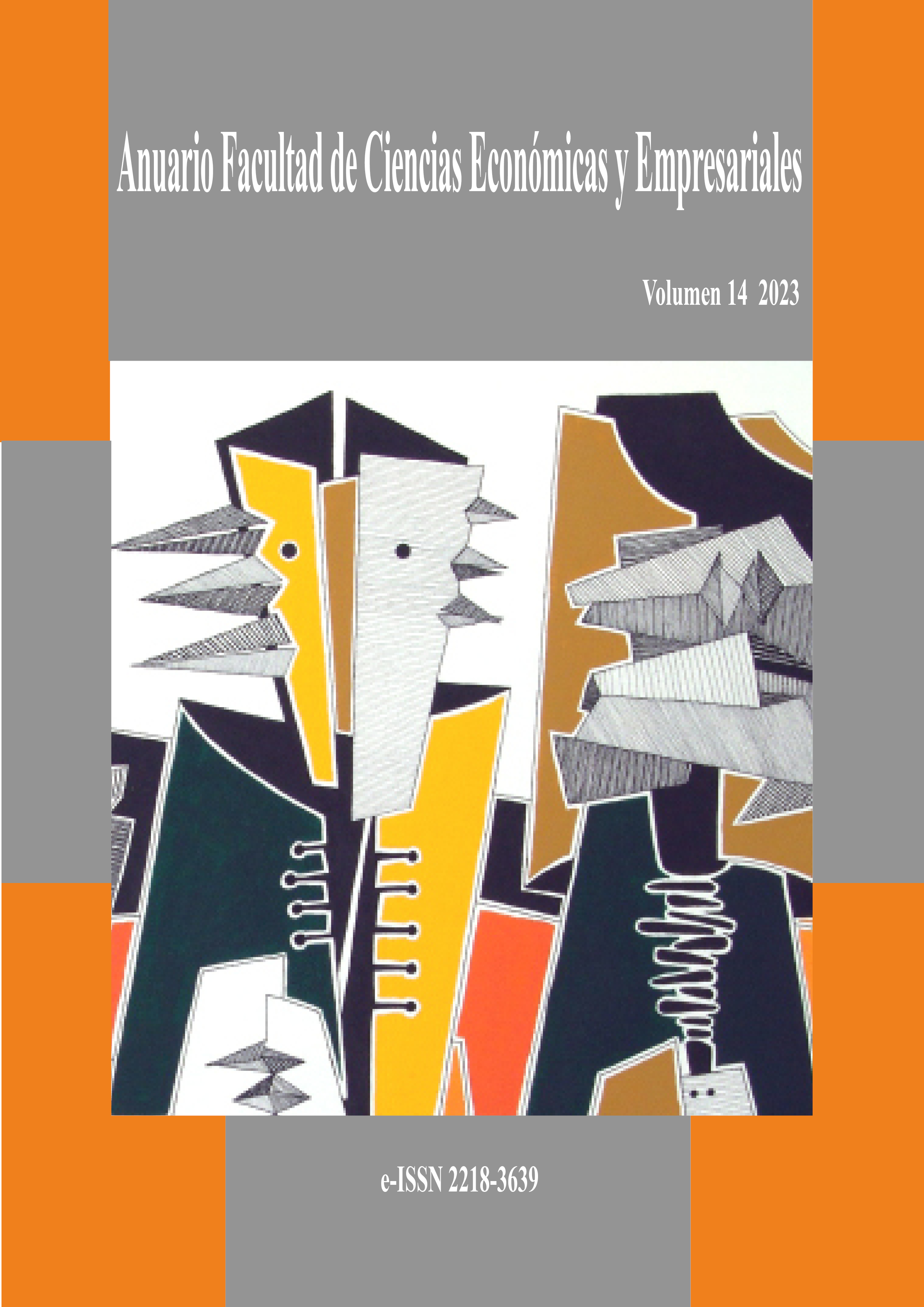Evolution of approaches to financial accounting
Keywords:
financial accounting, accountability, decision makingAbstract
This article aims to describe the characteristics of two different stages of financial accounting functions. A first function, prior to the decade of the sixties of the last 20th century, called “accountability”, and a later one expanded to “providing useful information for decisionmaking” of its users. It is achieved from the experiences, research and studies of the authors, exposing the main implications that the change has caused in the objectives and requirements of accounting information in general. It is concluded that the change of direction in accounting theory has meant a new approach with respect to users and the objectives of accounting, which has enhanced the importance of accounting information requirements.
References
Alchian, A. & Demsetz, H. (1972). Production, Information Costs and Economic Organization. The American Economic Review, 62, 777-795.
American Accounting Asociation. (1966). Teoría Contable Básica. México: UTEHA.
American Accounting Asociation. (1977). Statement on Accounting Theory and Theory Acceptance. Estados Unidos.
American Institute of Certified Public Accountants. (1973). Objectives of Financial Statements. Estados Unidos.
Ball, R. & Brown, P. (1968). An Empirical Evaluation of Accounting Income Numbers. Journal of Accounting Research, 6(2), 159-178.
Beaver, W. (1981). Financial Reporting: An Accounting Revolution. Nueva Jersey: Prentice Hall.
Beaver, W. & Demski, J. (1974). The Nature of Financial Accounting Objectives: A Summary and Synthesis. Journal of Accounting Research, 12, 170-187.
Demski, J. (1973). The General Impossibility of Normative Accounting Standards. The Accounting Review, Octubre, 718-723.
Demski, J., Fellingham, J., Ijiri, Y. & Sunder, S. (2002). Some Thoughts on the Intellectual Foundations of Accounting. Accounting Horizons, 16 (2), 157-168.
Financial Accounting Standards Board (FASB)
Statement of Financial Accounting Concepts Nº 1: Objectives of Financial Reporting by Business Enterprises. Norwalk, Connecticut, Estados Unidos. (1978).
Statement of Financial Accounting Concepts Nº 2: Qualitative Characteristics of Accounting Information. Norwalk, Connecticut, Estados Unidos. (1980)
Statement of Financial Accounting Concepts Nº 8: Conceptual Framework for Financial Reporting — Chapter 1, The Objective of General Purpose Financial Reporting, and Chapter 3, Qualitative Characteristics of Useful Financial Information (a replacement of FASB
Concepts Statements No.1 and No. 2). Norwalk, Connecticut, Estados Unidos. (2010)
García, N. (2000). Teoría contable avanzada. Córdoba, Argentina: Ed. Advocatus.
Hendricksen E. (1970). Teoría de la contabilidad. México: UTEHA. Sexta edición 16. Hitz, J. (2007). The Decision Usefulness of Fair Value Accounting. A Theoretical Perspective. European Accounting Review, 16(2), 323-362.
International Accounting Standars Board. IASB. Normas Internacionales de Información Financiera (NIIF). IFRS Foundation. 2011 – 2022.
NIIF 1. Adopción por primera vez. 2017.
NIIF 7. Instrumentos Financieros: Información a Revelar. 2016
NIIF 12 Información a Revelar sobre Participaciones en Otras Entidades. 2011
Jensen, M. & Meckling, W. (1976). Theory of the Firm: Managerial Behaviour Agency Costs and Ownership Structure. Journal of Financial Economics, 3(4), 305-360.
Merino, B. & Neimark, M. (1982). Disclosure Regulation and Public Policy. Journal of Accounting and Public Policy, Fall, 33–57.
Ministerio de Finanzas y Precios. Normas Cubanas de Contabilidad y Normas Específicas de Contabilidad. (2005 - 2022)
Ohlson, Earnings, book values and dividends in equity valuation. Contemporany Accounting Research, 11(2), 661-687. (1995).
Porporato, M. Revisión de la Literatura en Contabilidad Financiera. Revista Internacional Legis de Contabilidad y Auditoría, Julio-Setiembre, 73-97. (2008).
Scott, W. Financial Accounting Theory. Canadá: Prentice Hall. (2006)
Tua, J. Lecturas en Teoría e Investigación Contable. Bogotá: Centro Interamericano Jurídico Financiero. (2005).
Werbin, E. & Quadro, M. El Entorno y el Desarrollo de la Regulación Contable. Contabilidad y Decisiones, 2, 27-44. (2010).
Published
Issue
Section
License
Copyright (c) 2023 ALCIDES QUINTANA CABRALES, VÍCTOR GARCÍA CORTES, LORENZO REYES MONTALVO

This work is licensed under a Creative Commons Attribution-NonCommercial-NoDerivatives 4.0 International License.
Esta revista proporciona un acceso abierto inmediato a su contenido, basado en el principio de que ofrecer al público un acceso libre a las investigaciones ayuda a un mayor intercambio global de conocimiento.
This journal provides immediate open access to its content, based on the principle that providing the public with free access to research supports a greater global exchange of knowledge.



























 Universidad de Oriente
Universidad de Oriente 